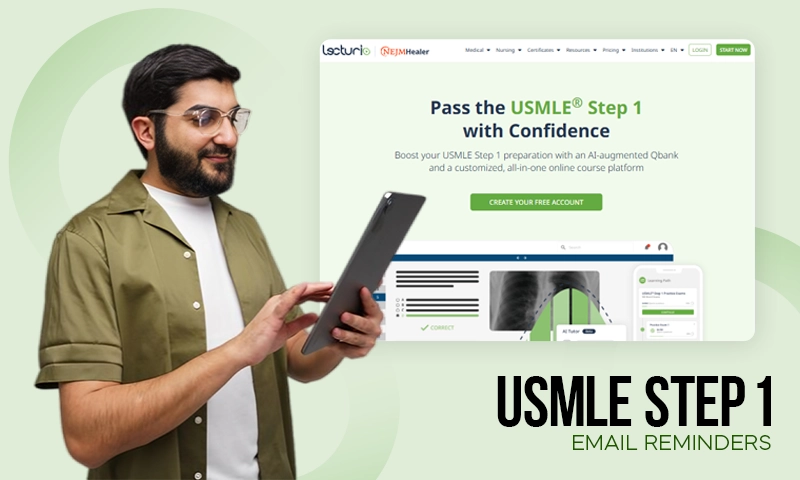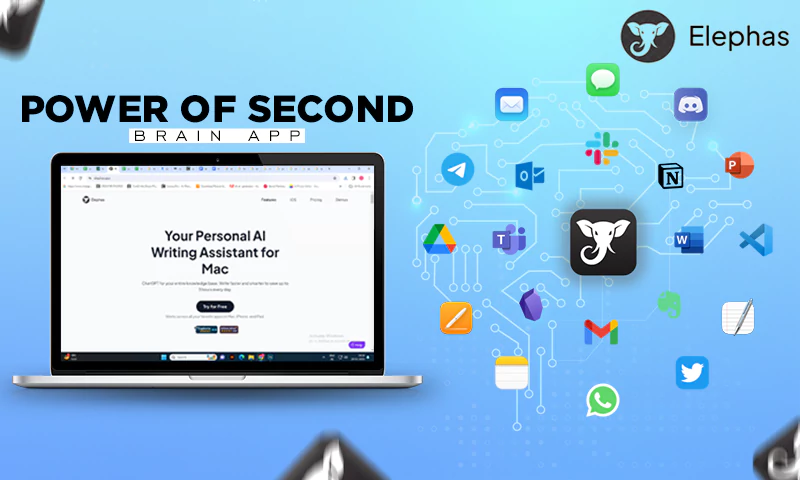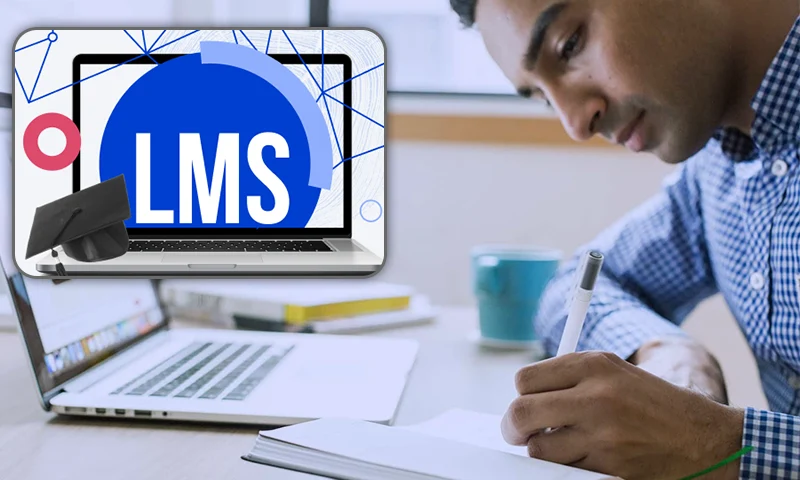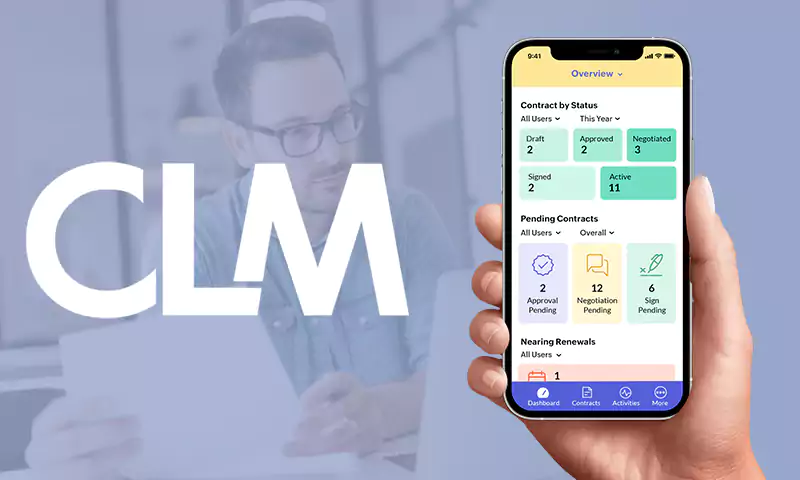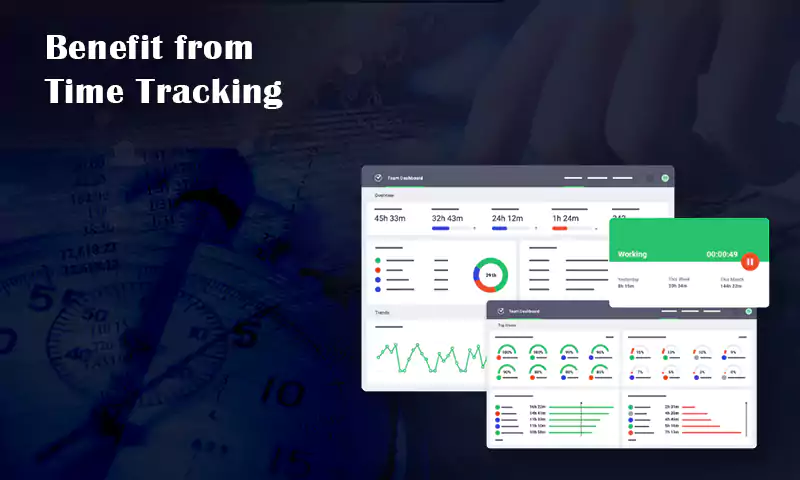The Best Practices of Healthcare App Development
Healthcare app development is a complex and rapidly changing process. Healthcare mobile app development companies must constantly update their apps to keep up with the latest changes in the industry.
In this blog post, we will discuss the best practices of healthcare app development. We will also look at the different types of healthcare apps and how they are used.
Best Practices of Healthcare App Development
Market Research
Before beginning the development process, it is important to research the healthcare app market. This will help you determine what type of app is needed and how to make it successful. Healthcare apps are divided into three main categories:
- Wellness and fitness apps
- Patient care apps
- Healthcare provider apps
Each app category comes with its best practices. For example, wellness and fitness apps should focus on healthy lifestyle choices, while patient care apps should provide easy access to medical records and appointments. Healthcare provider apps should be designed to streamline the workflow of healthcare professionals.
Determining your app’s category will help you identify the most important features of your target market. It is also important to consider the user experience when designing your app. Healthcare apps should be easy to use and understand.
After completing your market research, you will better understand the healthcare app development process.
Medical App UI Design
The next step in the process is to design the user interface (UI) of your healthcare app. It should also be designed specifically for the target market of your app. Each group has different needs and expectations for an app.
For example, medical professionals will need an app that is easy to use and provides quick access to critical information. On the other hand, patients will need a user-friendly app that helps them manage their health. It is important to keep these different needs in mind when designing the UI of your healthcare app.
Development of the App
Once the UI is complete, the next step is to develop the back end of your app. This includes the database, server, and API. Healthcare apps store a lot of sensitive information, so choosing a reliable back-end platform is important.
The most popular option for healthcare apps is Microsoft Azure. Azure offers a high level of security and scalability, which is essential for healthcare apps. After the back end is complete, you can begin to develop the front end of your app. This includes the user interface and all of the features that users will interact with.
Testing
After the app is complete, it is important to test it thoroughly. Healthcare apps are subject to strict regulations, so they must meet all requirements. Testing should be done on both real devices and emulators. Emulators are software that simulates the hardware of a device.
Testing on real devices is important because it allows you to test the app in a real-world environment. Emulators are important because they enable you to test the app on various devices. Healthcare apps should be tested on as many devices as possible to ensure compatibility.
Challenges in Medical App Development
Healthcare app development is a complex process, but you can create a successful app by following the best practices discussed above. However, the process may come with some challenges.
One challenge is designing an app that meets the needs of both patients and medical professionals. Healthcare apps are used by a wide range of people, each with its own needs. It is important to create an app that is user-friendly and meets the specific needs of your target market.
Another challenge is developing a secure healthcare app. Healthcare apps store sensitive information, so choosing a reliable back-end platform is important. Healthcare apps are subject to strict regulations, so it is essential that they meet all of the requirements.
What is the Cost of Healthcare App Development?
The cost of developing a healthcare app depends on various factors, including the complexity of the app, the size, the features included, and the platform chosen. The cost of healthcare app development varies depending on the app’s features and functionality.
Healthcare apps can range in price from $50,000 to $500,000. Besides, healthcare apps are subject to strict regulations, so choosing a reliable back-end platform is important.
Final Thoughts
Healthcare app development is a complex process, but you can create a successful app by following these best practices. These tips will help you make an app that is easy to use, reliable, and secure. Healthcare apps are an essential tool for both patients and medical professionals. By following these best practices, you can develop an app that meets the needs of your target market.
Share



